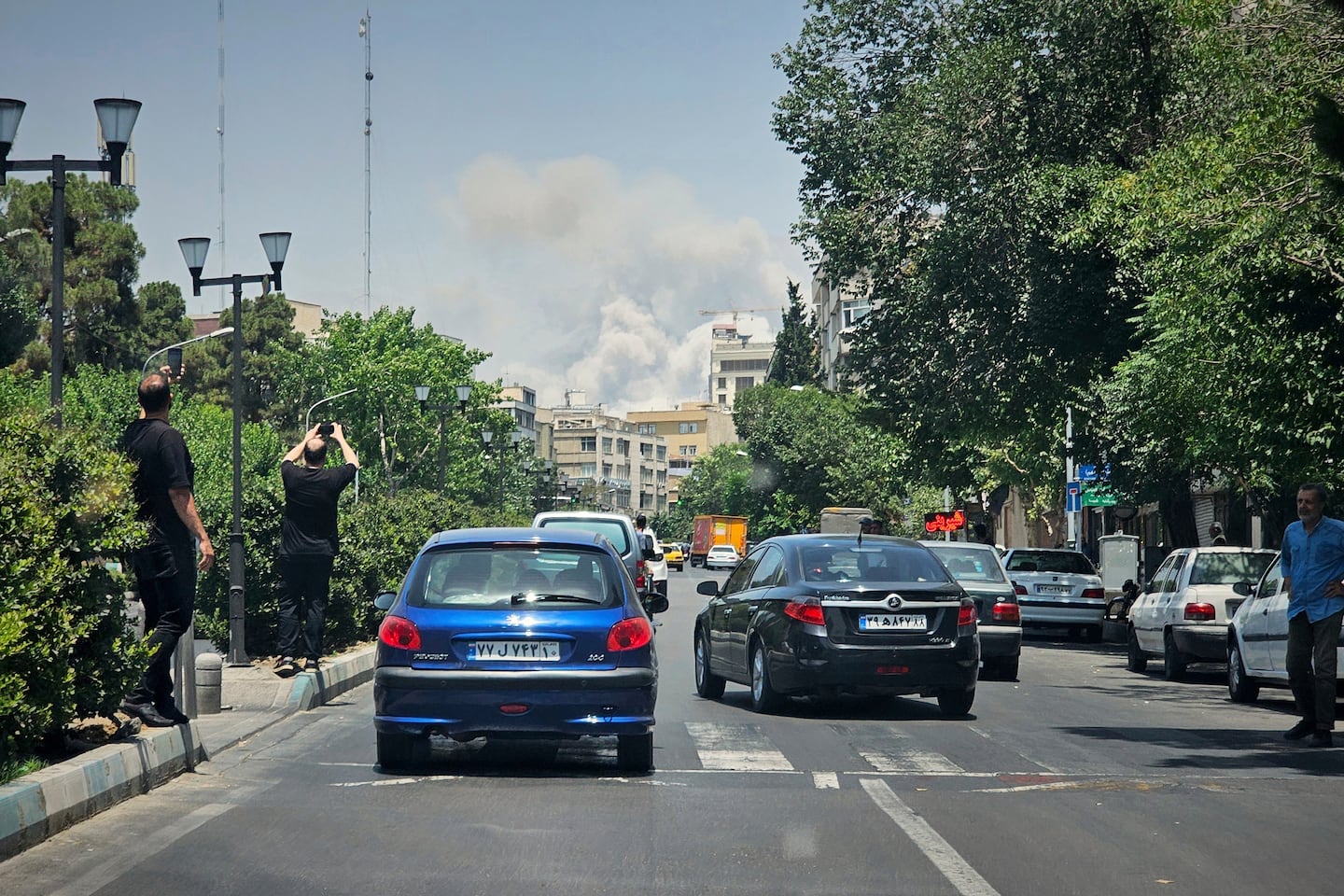Iranian President Masoud Pezeshkian on Wednesday blamed the United States and Israeli attacks for “dealing a grievous blow” to peace negotiations as Tehran braces for the reinstatement of sanctions in the next week, barring a last-minute diplomatic breakthrough. Hours before his speech, Iran’s rial currency fell to a new all-time low.
Pezeshkian’s remarks before the UN General Assembly are the first in a global forum since the 12-day Israel-Iran war over the summer that saw the assassination of many of the Islamic Republic’s highest military and political leaders and broke down weeks of negotiations with the United States.
“Ladies and gentlemen, you all bore witness that this past June, my country was subjected to a savage aggression and flagrant contravention of the most elementary principles of international law,” said the president, who, within Iran’s political landscape, is considered a moderate politician.
Known as planetary mixers, the machines that produce the fuel feature blades that revolve around a central point, like orbiting planets, and offer better mixing action than other types of equipment. Iran could purchase them from China, where experts and US officials say they’ve purchased missile fuel ingredients and other components in the past.
“If they’re able to reacquire some key things like planetary mixers, then that infrastructure is still there and ready to get rolling again,” said Sam Lair, a research associate at the James Martin Center for Nonproliferation Studies who studied Iranian missile sites.
Iran’s mission to the United Nations did not respond to questions about the country’s efforts to rebuild its missile program.
Solid-fuel missiles can be fired faster than those using liquid fuel, which must be loaded just before launch. That speed can make the difference between launching a missile and having it destroyed in a launcher — something that happened during the war with Israel.
Iran has solid-fuel missile manufacturing bases at Khojir and Parchin, two sites just outside Tehran, as well as at Shahroud, some 350 kilometers (215 miles) northeast of the capital. Even before the most recent war, all of those sites came under Israeli attack in October 2024 during hostilities between the countries.
Attacks during the war in June appeared aimed at destroying buildings that housed the mixers, which are needed to ensure the missile fuel is evenly combined, according to experts. Other sites struck by Israel included manufacturing facilities that likely could be used to make the mixers.
Satellite images from Planet Labs PBC taken this month and analyzed show construction at both the Parchin and Shahroud facilities.
At Parchin, mixing buildings appear to be under repair, Lair said, and similar rebuilding is happening at Shahroud involving mixing buildings and other structures.
The speed at which Iran is rebuilding shows the importance Tehran puts on its missile program. Iran’s bombed nuclear sites so far have not seen the same level of activity.
During the war, Iran fired 574 ballistic missiles at Israel, according to the Washington-based Jewish Institute for National Security of America, which has a close relationship with the Israeli military. In two exchanges of fire before the war, Iran launched another 330 missiles, the think tank said.
The Israeli military had estimated Iran’s total arsenal at around 2,500 missiles, meaning that over a third of its missiles were fired.
Before the war, Iran was on track to be able to produce more than 200 solid-fuel missiles a month, said Carl Parkin, a summer fellow at the James Martin Center. That drew Israeli strikes to missile-building facilities.
“Israel’s targeting indicates that they believed mixing was a bottleneck in Iran’s missile production,” he said. “If Iran is able to overcome their mixing limitations, they’ll have all the casting capacity that they need to start producing at high volumes again.”
The Israeli military declined to respond to questions over its strategy. Iran’s defense minister, General Aziz Nasirzadeh, recently claimed Tehran now has new missiles with more advanced warheads.
“The 12-day war with Israel has altered some of our priorities,” he said on Aug. 22. ”We are now focused on producing military equipment with higher precision and greater operational capabilities.”
Iran may choose to rely on China to obtain mixers and the chemicals to make solid fuel.
Such chemicals may have caused a massive explosion in April that killed at least 70 people at a port in Iran. Iran still has not explained the blast, which happened as its diplomats met with Americans in Oman over its nuclear program.
Just days after the explosion, the US State Department sanctioned Chinese firms it said provided the Islamic Republic with “ballistic missile propellant ingredients.”
